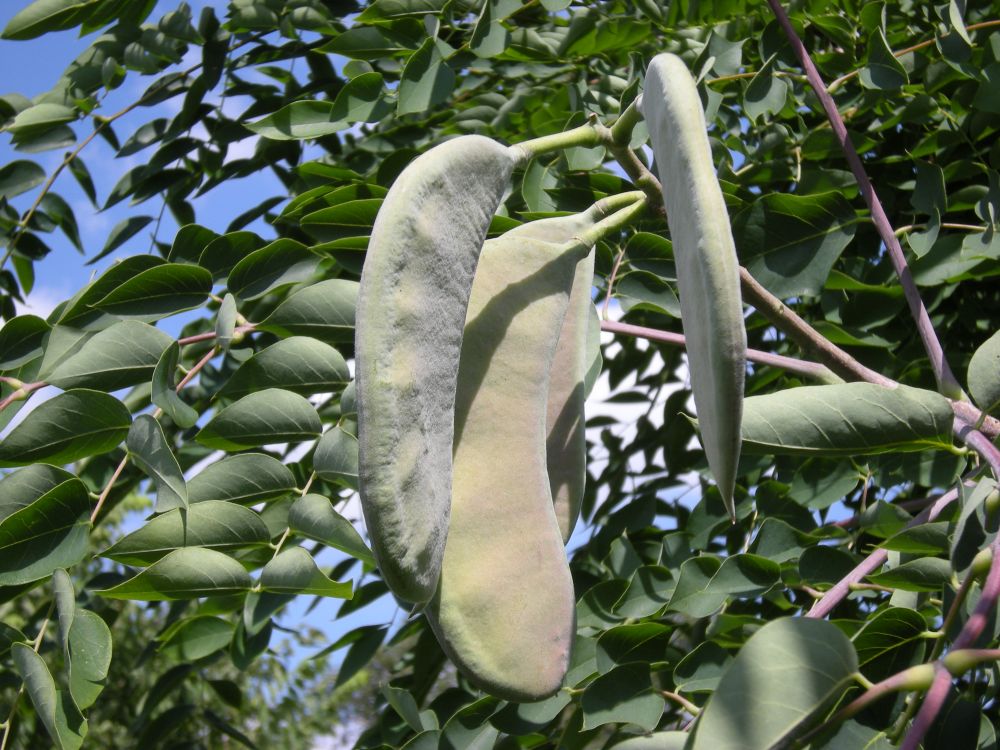Read more from the Spreading Roots conference
The first panel on the agenda focused on Market Realities, and asked the difficult questions “How do the choices made by nursery growers in selecting what species to grow and sell affect consumers’ choices?” and “Should nurseries take a more active role in educating the public about appropriate choices for urban settings by supplying a greater diversity of trees?”
Among the speakers on this panel were two growers – Mark Ostrowski of Laurel Forest Farms and Mark Endicott of Brookdale Treeland Nursery – who shed light on the challenges they face in forecasting sales and planning production. Since sales-ready trees don’t appear overnight – it takes at least 3 years to produce a tree one inch in diameter, and up to 15 years for larger trees – it is difficult to try to respond to rapidly shifting trends in the marketplace and far too risky to try to positively affect what people will plant by growing trees they can’t be sure will sell.
Judy Shirriff, Category Business Manager for Canadian Tire, spoke to current trends in the retail nursery market. Customers nowadays look for smaller ornamental or novelty trees, she said, and are also drawn to those that have “four-season interest”, require little maintenance and/or are disease resistant.

Bayberry showing some "four-season interest"
Amidst all of these “market realities” being brought to light, Barb Boysen of the Forest Gene Conservation Association emphasized how important it is to select “high quality seeds or cuttings representing a fit population from a known geographic source similar to your planting site.” She stressed how vital it is to consider diversity when choosing trees for your planting site, noting that these should be adapted to local climate, other species inhabiting the area, and the broader landscape.
At LEAF, our Backyard Tree Planting Program tries to make it easy for homeowners to get native trees and shrubs in their yards. These trees and shrubs provide numerous environmental benefits and tend to require less maintenance than their exotic counterparts once they are established. And native doesn’t mean boring - a number of the trees and shrubs we offer provide “four-season interest” (e.g. red osier dogwood, bayberry, and various evergreen trees). Some could even be considered “conversation pieces” for those who are looking for something well adapted but still a little different.

Kentucky coffee tree
The Market Realities panel was given the task of deliberating whether or not public demand could lead to a more diverse tree canopy in the urban forest of the future, and this resulted in some very interesting conversations. We hope that by raising awareness regarding the many benefits of native species and by encouraging home owners to plant a wide variety of suitable trees and shrubs, we are doing our part to ensure that our cities and towns will enjoy diverse and healthy canopy cover for decades to come.
